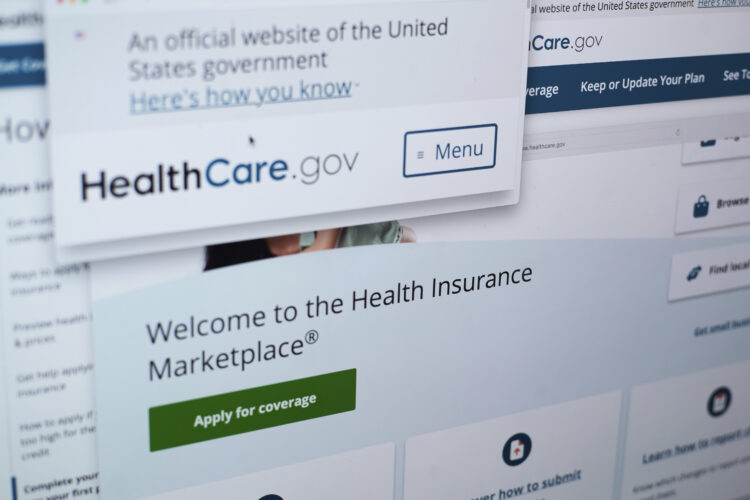Filipino Families Brace for Higher Health Insurance Premiums in 2026: What You Need to Know

Get ready, Filipino families! Experts and insurance brokers are predicting a significant rise in health insurance premiums in 2026. The current strain on insurance companies and employers, fueled by expensive prescription drugs and persistent medical costs, is likely to be passed on to consumers. This article breaks down what's driving these increases, how they'll impact you, and what steps you can take to navigate the changing landscape of healthcare affordability in the Philippines.
The Rising Costs: Why Premiums Are Going Up
Several factors are contributing to this anticipated price hike. Firstly, the cost of prescription medications continues to soar. New, life-saving drugs often come with hefty price tags, and the increasing prevalence of chronic conditions like diabetes and hypertension means more Filipinos are relying on these medications. Secondly, medical inflation, which refers to the rate at which healthcare services and procedures become more expensive, is outpacing general inflation. This is driven by factors like rising hospital costs, advanced medical technologies, and labor shortages in the healthcare sector.
Furthermore, many employers who provide health insurance to their employees are also feeling the pinch. They're struggling to absorb the increasing costs, which can lead them to raise employee contributions or even reduce coverage options. This puts even more pressure on families to shoulder a larger portion of their healthcare expenses.
Impact on Filipino Families: What to Expect
The projected increase in health insurance premiums will likely impact Filipino families across various income levels. Here's what you can expect:
- Higher Monthly Premiums: You can anticipate paying more each month for your health insurance plan. The exact amount will vary depending on your plan type, coverage level, and age.
- Increased Deductibles and Co-pays: Insurers may raise deductibles (the amount you pay before your insurance kicks in) and co-pays (the fixed amount you pay for specific services) to manage costs.
- Limited Coverage Options: Some insurers might offer fewer plan options or reduce coverage for certain services to control expenses.
- Difficulty Affording Care: Higher premiums could make it more challenging for families to afford necessary medical care, potentially leading to delayed treatment and poorer health outcomes.
Navigating the Changes: Tips for Filipino Families
While the news isn't ideal, there are steps you can take to mitigate the impact of rising health insurance costs:
- Shop Around: Don't settle for the first plan you find. Compare quotes from different insurers to find the best value for your money. Consider online comparison tools to simplify the process.
- Review Your Coverage Needs: Evaluate your current plan and determine if you truly need all the features and benefits. You might be able to save money by opting for a plan with a higher deductible or fewer bells and whistles.
- Consider Health Maintenance Organizations (HMOs): HMOs often offer lower premiums than other types of plans, but they typically require you to choose a primary care physician and get referrals for specialist care.
- Take Advantage of Employer-Sponsored Plans: If your employer offers health insurance, take advantage of it! Employer-sponsored plans usually offer better rates than individual plans.
- Prioritize Preventive Care: Regular checkups and screenings can help detect health problems early, potentially preventing costly treatments down the road.
Looking Ahead: The Future of Healthcare Affordability in the Philippines
The rising cost of healthcare is a global challenge, and the Philippines is not immune. Addressing this issue will require a multi-faceted approach, including government policies to regulate drug prices, promote competition among insurers, and invest in preventive care. For Filipino families, staying informed, shopping around for coverage, and prioritizing preventive care will be crucial in navigating the changing landscape of healthcare affordability in the years to come. Remember to consult with a licensed insurance broker for personalized advice tailored to your specific needs and circumstances.



:max_bytes(150000):strip_icc():focal(749x0:751x2)/Miriam-Margolyes-1-082225-c85ca98a4ab4492b8aafbf9e7fc0696f.jpg)


